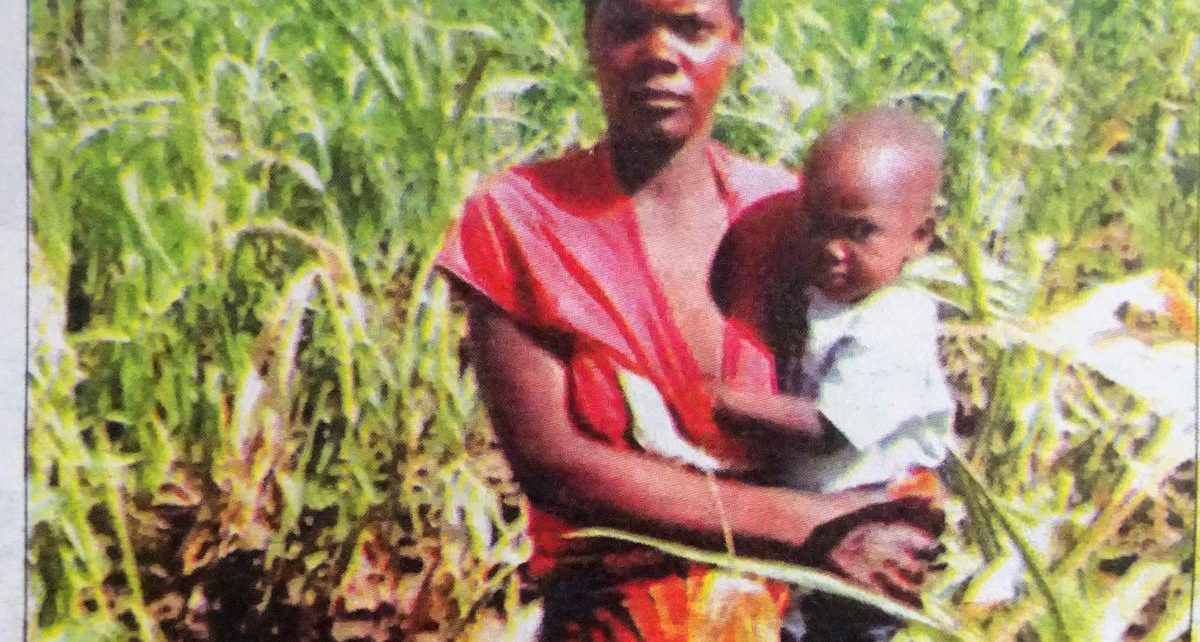
Malawi has dialled up developing nations’ calls for development partners to fulfil their pledge to mobilise about K7.5 trillion annually for the Green Climate Fund. From chronic hunger caused by drought to devastating floods wiping out homes and crops, the country keeps enduring devastating natural disasters fuelled by climate shocks amid global warming.
The Malawi Vulnerability Assessment Committee (Mvac) estimates that over three million Malawians face hunger due to protracted dry spells and fall armyworm attacks on crop fields. However, uncertainties are lingering following weather forecasts that point to more drought and floods in the forthcoming growing.
Recently, Perks Ligoya, the Ambassador to the United Nations (UN) in New York said at the UN Fourth Conference on Least Developed Countries (LDCs) that developing nations remain highly vulnerable to climate change and natural disasters which wipe out economic gains. The conference was convened by the UN Office of the High Representative for the LDCs, Landlocked Developing Countries and Small Island Developing States (UNOHRRLS), which reports that LDCs achieved 4.9 percent growth in 2017.
The upward trend is projected to continue in the near term, but it is still far from the seven percent target set out in Sustainable Development Goal 8 to promote sustained, inclusive and sustainable economic growth as well as productive employment and decent work for all.
According to the former Reserve Bank of Malawi governor, LDCs still need to do more to end poverty as climate has already warmed the world by around one degrees Celsius.
Last month, the Intergovernmental Panel on Climate Change (IPCC) report suggests that even with half a degree Celsius (0.5°C) warmer than it is today, the world will face devastating impacts – and LDCs will be impacted disproportionately.
“Ambitious actions are essential at all levels to achieve the 1.5 degree benchmark [set out in the Paris Agreement]. We call upon development partner to fulfil their commitment to mobilise 100 billion USD annually by 2020, under the GCF,” said the envoy. The call comes just a month before the United Nations Framework Convention on Climate Change Framework (UNFCC) conference of parties (CoP24) slated for December in Katowice, Poland.
Ligoya said least developed countries are looking forward to the adoption of a comprehensive, robust and effective set of guidelines at CoP24 that will enable full and ambitious implementation of the Paris Agreement. “We also call for building crises mitigation and resilience building mechanisms for LDCs. We are left with only two years in the implementation of the Istanbul Plan of Action,” he said. The country backed the statement Egypt delivered on behalf of the G77 and China bemoaning “a mixed picture” in the implementation of the programme of action.
UNHORLLS reports that the poverty rate – the ratio of people living on less than $1.90 a day – fell from 38.9 percent in 2010 to 33.7 percent in 2013. The rate of progress is not sufficient to achieve SDGI on ending poverty by 2030, reads Malawi’s statement. A recent study suggests that at the current rate of economic growth, around 35 percent of the population of LDCs will still remain in extreme poverty by the deadline.
This is a serious concern and needs focused attention of the international community if we want to realise the 2030 Agenda.
(Source: The Nation Malawi, Thursday 8, November 2018)
